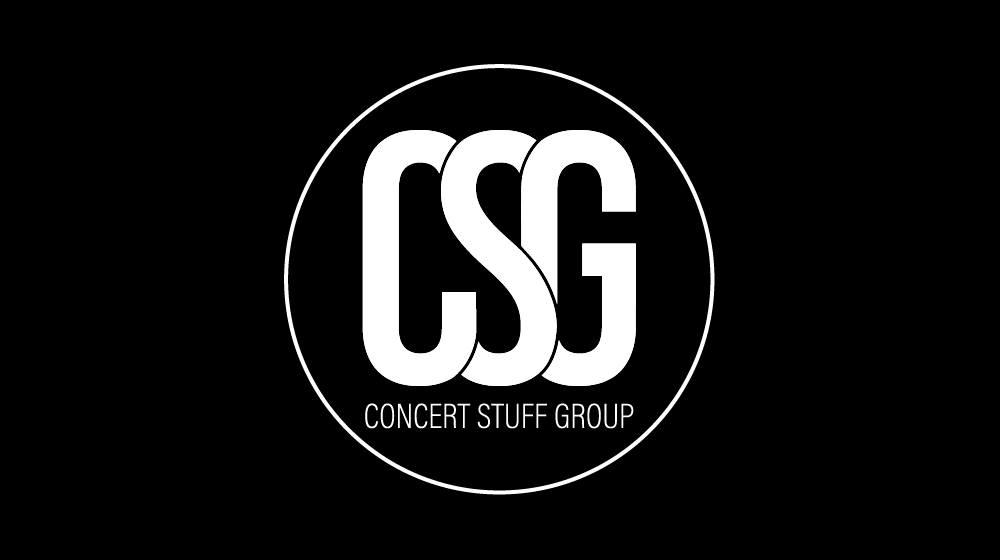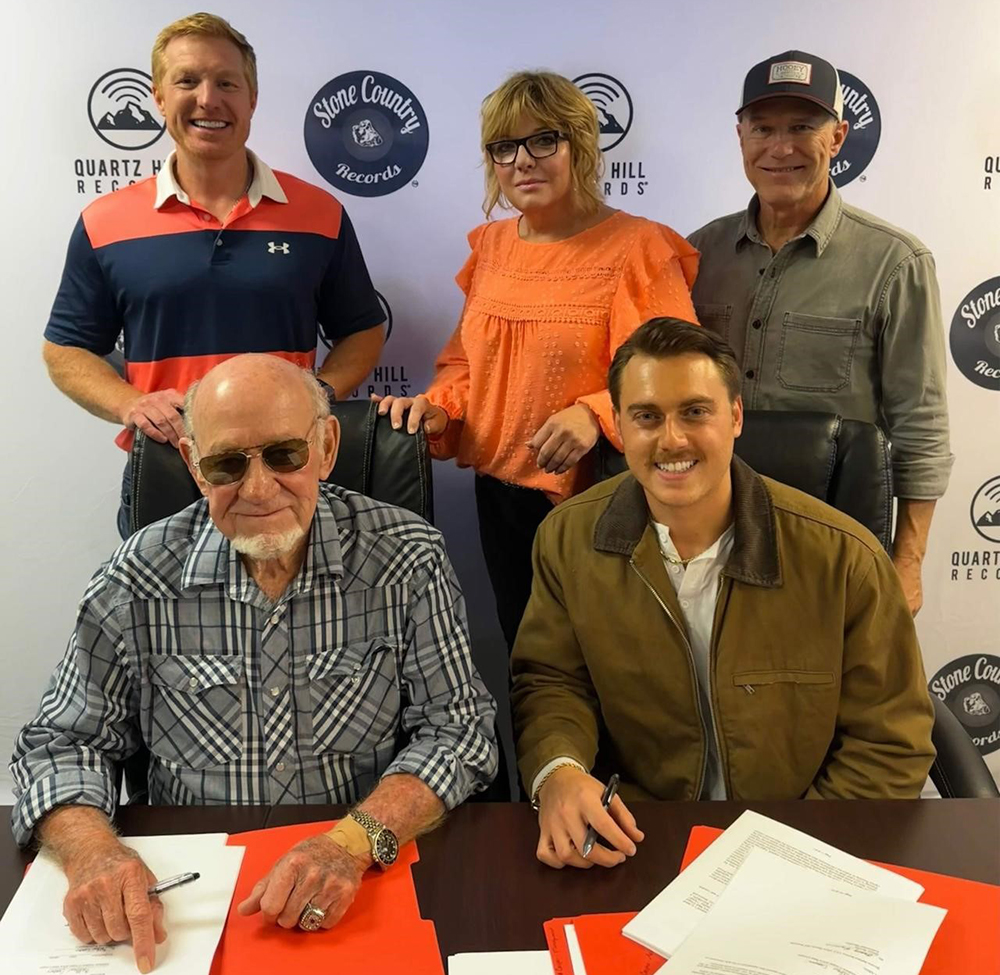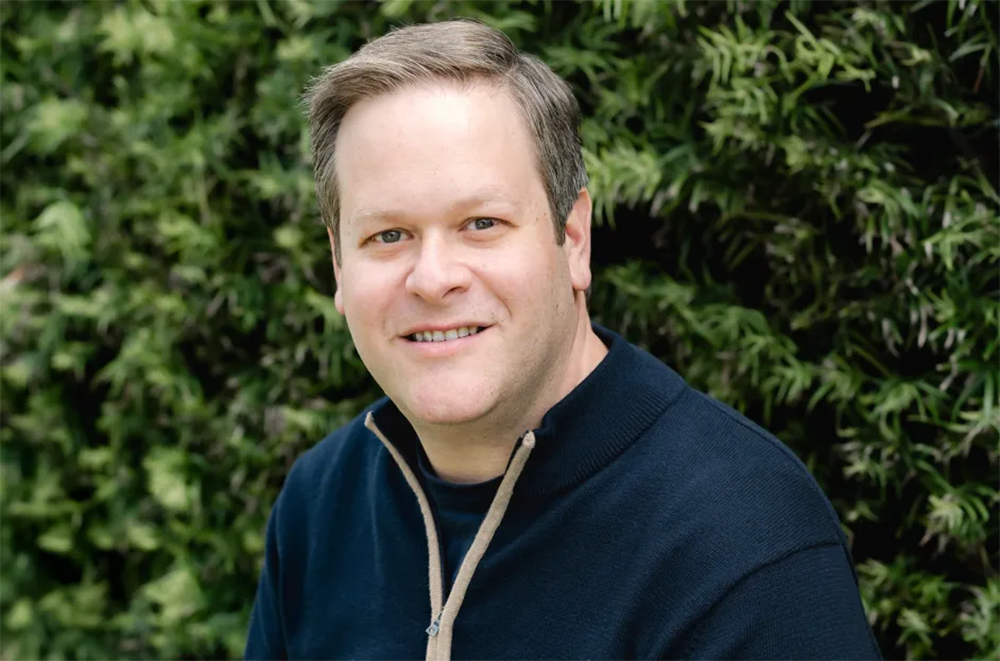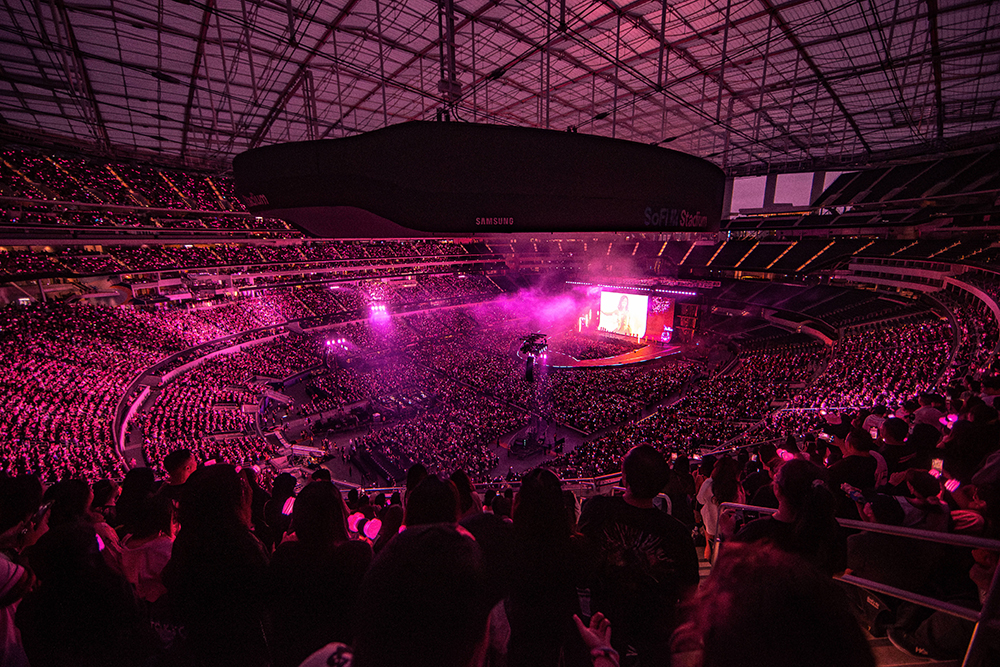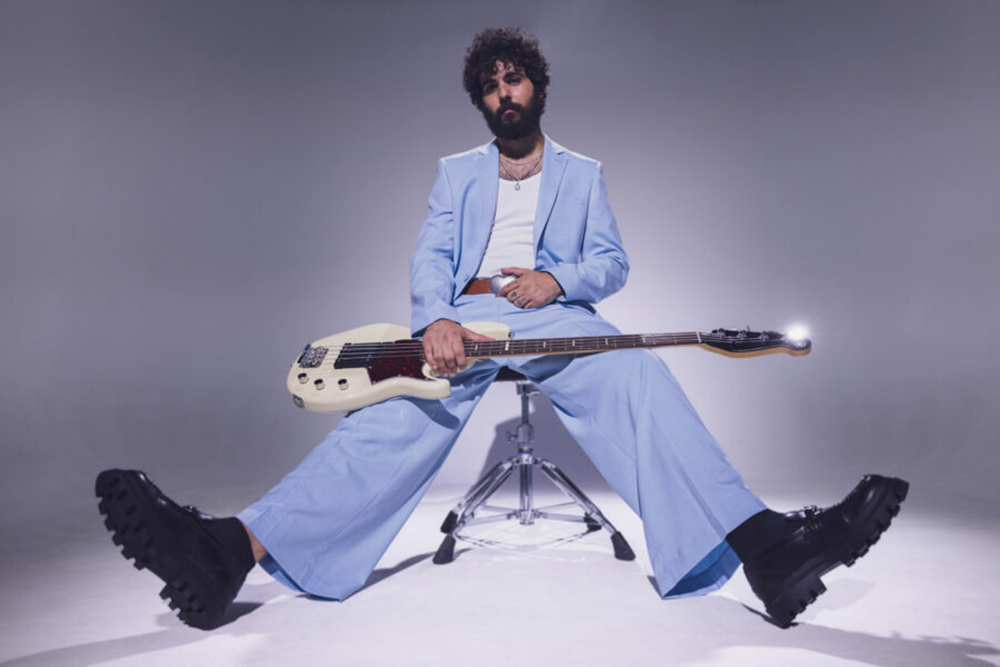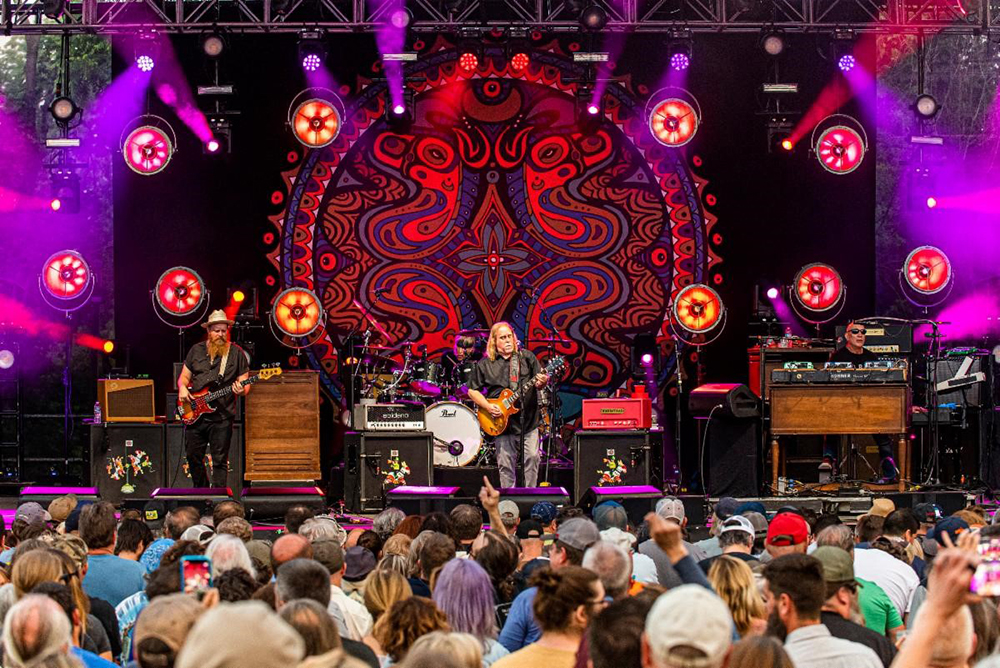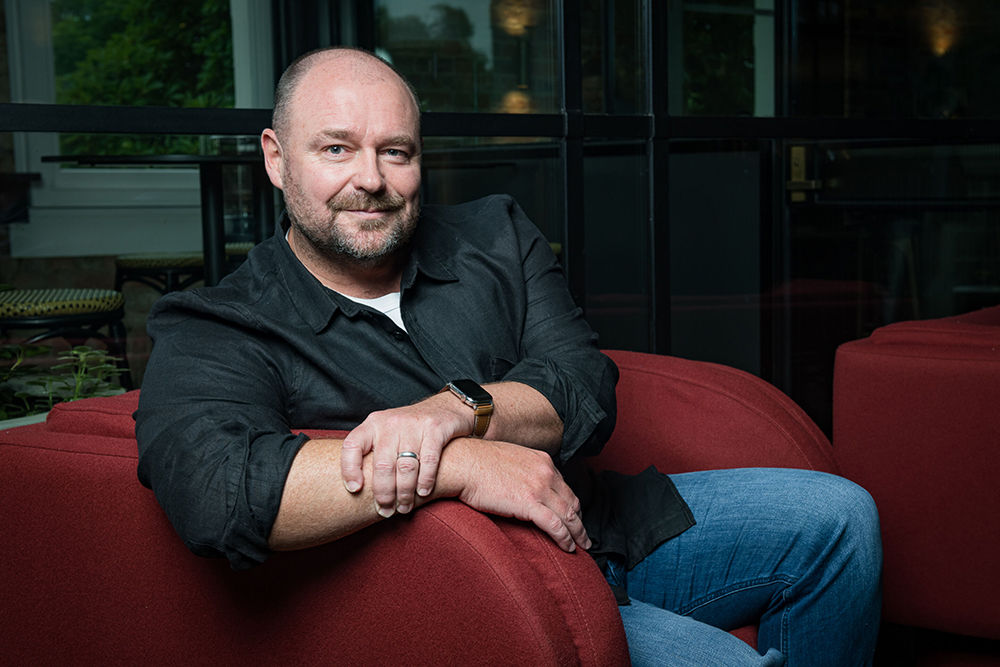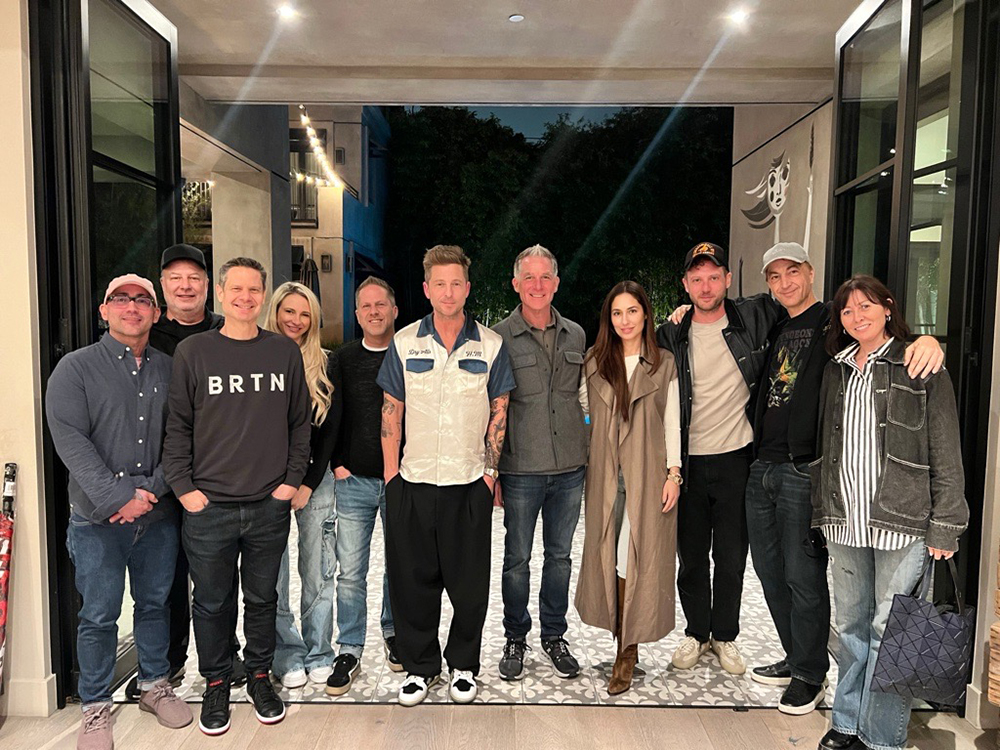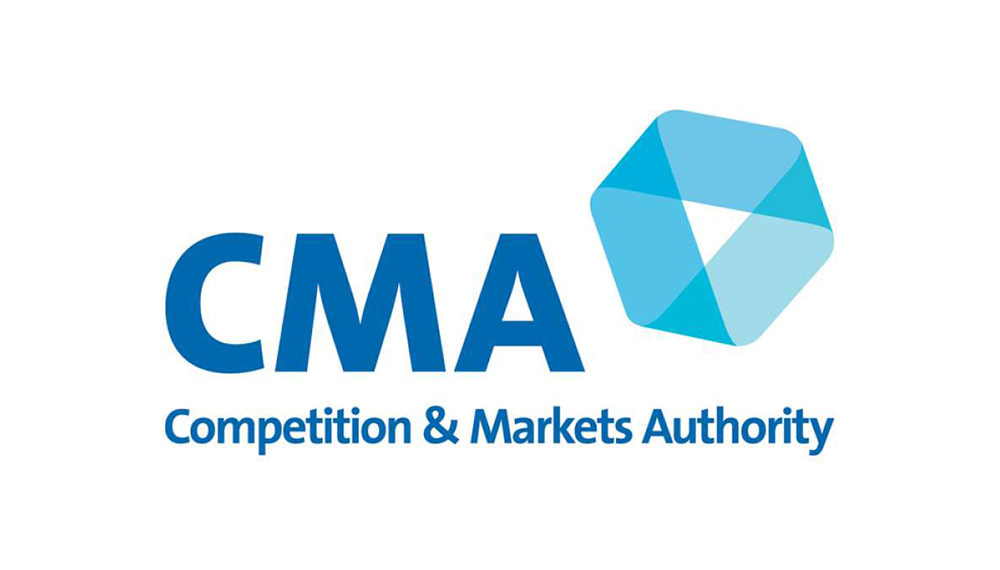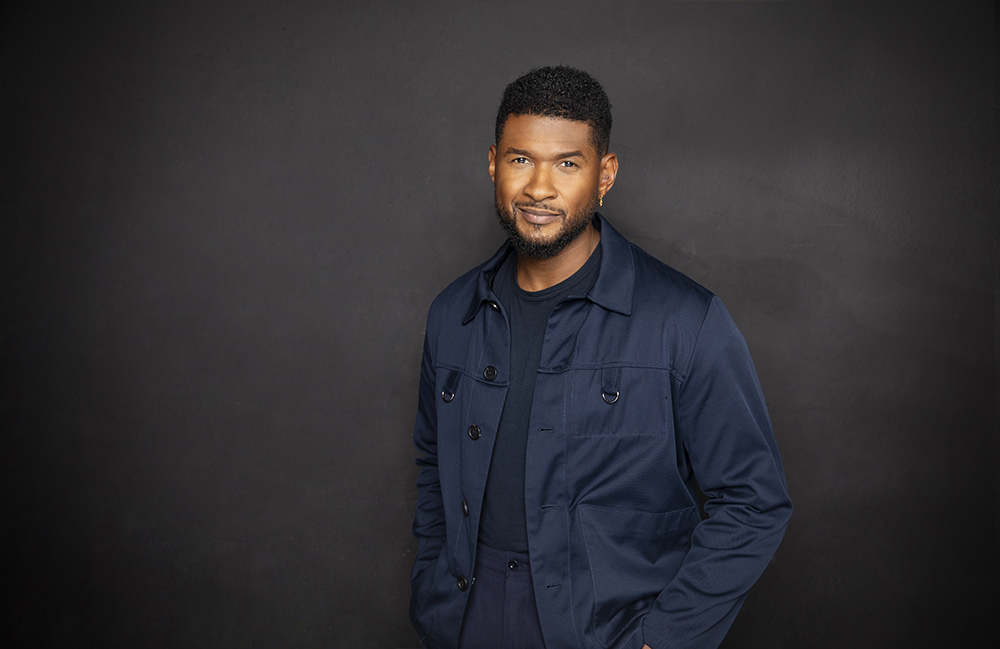
My inbox fills up with both the famous and infamous, the known and the irrelevant, bitching about Spotify payments, they think the Swedish company is the devil. They believe Daniel Ek got rich off the backs of musicians and this wrong must be righted, that there will be no harmony until he is dethroned and the service pays them a higher rate.
But Spotify is already paying out 69%+ of its revenues.
What’s the truth?
You’re being screwed by the label. And Spotify can’t say this, because the labels are their partners.
Of course there’s more to the story. Songwriters are getting the shaft, they are getting a lesser percentage than they deserve. And marginal artists are getting a tiny share of the pie. But assuming you’re playing for real, that people are actually listening to your music, that it’s not just posted on Spotify and hanging out in darkness, if you want to get paid cut out the middleman.
It’s kind of like what Amazon did. Getting rid of bricks and mortar (although they do have a couple of bookstores now, but really those are showrooms for Amazon products, flagship stores to display their wares, like the Sony store in New York, or the high-end outlets in Aspen). If you want to survive in the new world you’ve got to look at business differently. So, if you record and release your music independently, paying a one time distribution fee to Tunecore or the like, you’ll get all that revenue, assuming someone is listening.
Oh, Tunecore! What about Jeff Price, its old fired founder, bitching that Spotify is not paying on so many tracks? That’s a registry problem, that’s not Spotify seeking to rip-off rights holders, that’s the result of an archaic system wherein we don’t know who wrote what and who owns what. Does it need to be cleared up? Yes. Is it good Jeff is on the case? Yes, but this is not wholesale exposure of Mafia-like activity, but it’s a better news story than old, cranky musician who used to survive quite well under the old system is starving now, although that story gets a lot of ink too. Kinda like the endless physical book articles in the “New York Times.” You can’t separate the bias from the author, oftentimes writers are out of touch, they believe they can will the result they desire, but one thing we’ve learned in the past twenty years is the customer is ultimately in control, and the customer chose streaming.
But you’ve got an historical deal with a label that pays an incredibly low percentage, you’ve got a very low royalty rate, is this a problem? Absolutely. BUT IT IS NOT SPOTIFY’S FAULT!
Acts have been railing that they’ve gotten screwed by labels since their invention. A bit of progress has been made, but not enough. Having said that, if you’re a new act it’s your prerogative whether to sign with a label or not.
You don’t need the label for physical distribution, that’s a dying business, forget manufacturing and shipping.
You need a label for publicity and radio promotion. You can hire third parties for publicity. As for radio promotion? For all intents and purposes indies are closed out of Top Forty radio. So if you’re playing to win, you need a label, you’ve got to sign a deal. But, the terms vary depending upon the heat you come in with. Used to be heat meant the music, today it means the data. How many fans have you got, what are your social numbers, how much money are you making on the road? The less you need the label the more they need you, and this is reflected in the terms of the deal.
As for the money… The days of big advances are through. If it’s just money you need, you’re better off looking elsewhere. Making it yourself on the road or raising it via friends and family. Then again, the dirty little secret of the new world is that it’s so much cheaper than it was in the days of yore. Everybody can own Pro Tools, you can make the record at home, many famous acts do, and promote it for free online. And don’t be one of those wankers who e-mails me you’ve got to spend a lot of money and work with pros to have a great sound. Generally speaking that is true. But then you’re probably gonna sign a major deal and e-mail me you’re getting screwed by your label. Which way do you want it? Do you want to roll the dice for all the money or hoard it all at a small level? Because believe me, if you sign with a major and you actually hit, there will be plenty of coin. However, the label could end up with the lion’s share, certainly of the recording income.
And I think it’s abhorrent that royalty deals are such that artists pay for their records and labels own them. It’s not this way in the book business.
There are so many problems with label deals. And they need to be changed. But they’ve got nothing to do with Spotify’s payout.
This is akin to Ticketmaster, people bitching about fees, not understanding that the acts themselves are responsible, this is the only way to get income out of the commission stream. And if you saw how little a concert promoter makes after putting up so much dough for a show, risking so much, you’d probably have sympathy for them. But concert promoters woke up and started festivals, where they can make so much more since they own the event. Concert promoters evolved.
And you should too.
But chances are you want to be a star. And right now, in today’s cluttered internet world, the odds of doing that without a label are de minimis.
Then again, today everyone can play, and everyone can bitch. And that includes the never-will-bes and the old artists, akin to the screwed bluesmen, who’ve got deals so heinous they can never make bank.
But, once again, this has nothing to do with Spotify.
P.S. For the umpteenth time, I have no investment in Spotify, I make no money from the company. But Spotify put a huge dent in piracy, the problem everyone talked about last decade, and as a result of streaming services recording revenues are finally going up, our long nightmare is ending. You’ve got to live in the present, with an eye to the future, you can’t keep dreaming about an old love in a world without cameras, the audience loves the present and the audience pays your bills. Think of ways to satiate those who pay.
P.P.S The penny rate. There is no penny rate, it’s a percentage rate Spotify pays. But they came up with an approximate penny rate so oldsters could understand what they were making on streams. As more people subscribe and listen, the payment per stream will actually go down. Meaning you’re gonna have to have more listens to make the same amount of money. But listens are growing exponentially to the point where those artists at the top of the heap are quite well compensated. But if your listens are not in the millions, you’d better think of alternative ways to get paid. Used to be you could sell a few thousand albums and make money. That paradigm, unfortunately, is dying, although you can still sell CDs as souvenirs along with other merch at the show. Then again, is it Spotify’s responsibility to promote new music, especially the new and different, playlist it and bring it to the forefront? That’s a whole ‘nother issue.
From: Peter Noone/Herman
On behalf of a few young boys who loved music and turned their mutual love into a career in music, I want to add my 4.25%!
If Herman's Hermits had ever suggested that some 50 years after they made a record in 3 hours, that our music would be available to everyone in the world for 000000.0000025 cents we would have thrown a party for you at our local pub!
————————————————————————
Yep…Our band owns it all, distributes through Tunecore and based on the numbers: a million streams of a song generate a little more than $4,000 into our bank account. Net.
The BMI/ASCAP royalties are totally separate, which most artists don’t understand.
So whenever I’m clicking around Spotify I know full well that at a bare minimum Spotify is paying out $4k per million streams. When you have that number in your head and start tallying up the hundreds of millions of plays the big acts are getting…um, yeah, people are making money.
Most artists who are in deals now signed their deals before streaming got popular. So when they and their lawyer were looking at the contract, they probably didn’t push hard for streaming royalties…because the rate was "so low" anyway.
Should it be more than $4k per million plays? Sure. I don’t know. Probably.
But for all the whining and complaining artists do, I’ve never heard A SINGLE ONE come up with a legit idea and plan for what it SHOULD be. All anyone says is it should be more! Of course! We all want more!
Gabe Anderson
————————————————————————
hey bob,
you are totally right, most low pay-outs are caused by shitty label deals.
i work with niche electronic artists, catering mostly to dj’s who usually buy vinyl or .wav downloads.
some have their own label and the see 100% of the spotify pay-outs (minus distribution fee).
turns out that in some cases the streaming pay-outs are higher than profits on vinyl sales and downloads combined.
this also shows that streaming is making their music less niche; its making the music easily available to a wider audience.
every situation/artist is different, but the concept of streaming should work for most artists when properly handled.
to me streaming is the new black gold.
Christiaan A. Macdonald
Director of Fools
Society Fools
————————————————————————
Hey Bob – been meaning to write you on this for a bit as I go over this with bands on my label and musician friends all the time. Even using the same Ticketmaster scapegoat analogy. I think what keeps the confusion going is publishing royalties. Artists will see pennies from Spotify listed on their statement from their PRO and think that is all Spotify is paying out, when in reality their label is getting paid the bigger check from Spotify…..but the label is usually fine with the artist believing Spotify is problem.
As a label, the majority of our revenue (60-70%) comes in from Spotify. Getting playlisted on Spotify is huge. Sure streaming has extended the payout from music – no upfront money for a download or full album – and you need to make music that people want to listen to repeatedly over time, but it's also extended the life of music as well. Songs that are years old can still pop up on playlists, and older obscure music has a new life.
It is amazing though as many artists truly believe Spotify is screwing them and don't want to get involved with the company.
Keep it up,
Bill Toce
www.axismundirecords.com
————————————————————————
I bought my first CD player and disk in 1982. A Lionel Hampton album that still plays just fine today after 35 years. If only I could find a place to play it besides my car.
Yesterday a friend sent me his newly released CD. I am not trying to plug it with you. I had no player on my MBP computer or even in my ‘stereo’ system. I am a few years older than you and still use my Hafler Amp, NAD preamp, B&W speakers and Thorens turntable. Still sounds great. CDs are now an archaic technology, right there with records, now popularly called “Vinyl”. I remember seeing my folk’s old 78s, then LPs, reel to reel, 8-tracks, cassettes, other hybrid concepts, MP3 and now streaming. What comes next? Nothing is forever.
Steve Greene
————————————————————————
Thank you, Bob. I represent a number of independent artists that have amassed millions of plays on Spotify and they’re not complaining.
Sebastian Zar
————————————————————————
Bob,
I manage an independent record label and we LOVE Spotify. It surpassed our iTunes sales in total revenue almost 2 years ago and continues to dominate as our #1 revenue source now. It’s by and far the best consumer music experience I’ve ever had. Our label generates a solid 5-figures of gross revenue per month from Spotify. Plus we move 5-figures a month in merchandise (T-Shirts/Apparel & other collectables) and we move another 5-figures a month in music SALES (CD/Vinyl and Digital Sales). We’re a small indie label that probably most of the world hasn’t heard of (we’re called FiXT and are marquee artists are Celldweller, Blue Stahli, Scandroid and Circle of Dust btw). We cater to a niche genre of hybrid electronic-rock and have fans in over 100 countries because of the modern connected online world. We are forward thinking and survive by early-adopting new trends and embracing them. We let fans use our music for Free on YouTube while they game and generate another 6-figures annually in advertising/Content ID revenue from YouTube. We have a small team (about 10 of us) and cater to our die-hard audience. We also get our music licensed heavily in Film/TV/Video Games and have deep ties in the publishing world. It takes maximizing every possible revenue channel to make it as an indie, but we’ve been aggressive in making it work. All that to say, SPOTIFY is our #1 revenue source and we are sick and tired of labels and artist complaining about it not paying out. It pays great in our experience, as long as your music is worth sharing and repeat listening (focus on hits, right?) – which is what we’ve done. Many of our songs have been streamed 1-2 million times in Spotify.
Recently someone told me they didn’t think Spotify was fair b/c they made $.60 per song sale from iTunes (after iTunes cut and their distro cut) and only made a fraction of a penny from Spotify. First off, that’s not an apples to apples comparison so I told him to think of it like this… how many times will that person listen to your song over the course of their life? 10? 100? more? if you pro-rate that $.60 by the # of times they listen over the rest of their life the per-listen rate actually gets pretty comparable to what Spotify pays, and if they are a mega-fan who listens hundreds of times over the years, you might actually make MORE from Spotify than if they bought it outright. Secondly though, most people don’t try out new songs by paying $.60 on their first listen, so with Spotify it’s WAY more likely that someone will TRY your music to see if their into it, when they come across it in a playlist or suggested by a friend or in their Discover Weekly. And Discover Weekly alone is a GOLD MINE for indie artists/labels to be discovered by people who wouldn’t have otherwise listened – which would be a service with paying advertising money for to get to those new listeners, but is provided for FREE as part of Spotify’s service. So for all discover, value-add and pretty decent pro-rated per-listen revenue, I find it harder and hard for people to complain about Spotify.
Final though is Spotify as an artist platform. No other service comes close!!! Having the ability to create Artist Curate playlists right on the artist profile page, see # of listeners & plays publicly on the profile is HUGE. It also equalizes the field when you can see the # of plays on a track to see it’s TRUE relevance/popularity vs looking at a track in Apple Music and it ‘appearing’ to be popular but no public data to support it.
If you want to check out some possibly new musical discoveries from a niche indie label (Electronic-Rock hybrid, from alt-rock to metal mixed with Electronic/EDM elements) – here’s a custom playlist I made just for YOU Bob spanning the best tracks in our catalog on Spotify! (It is a private playlist, hosted on our top artists profile, but feel free to share should you feel so inspired).
Always inspired by your emails Bob!
Best,
James Rhodes | FiXT
Co-Founder & General Manager
www.fixtonline.com | www.fixtstore.com



















